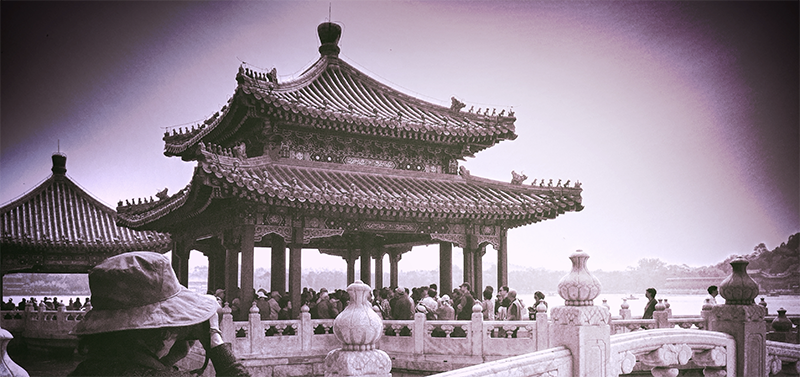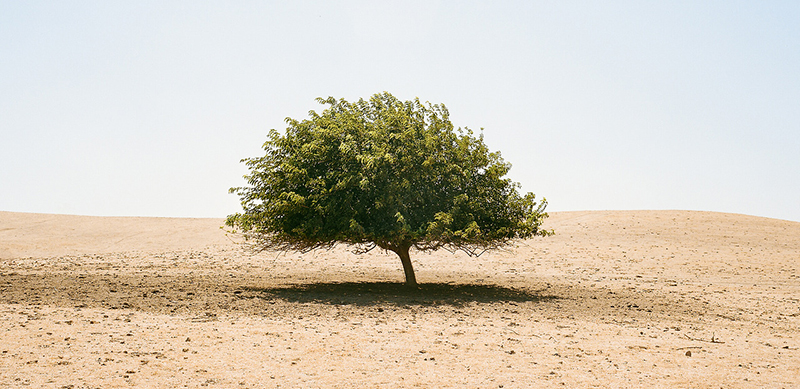
CHUANG TZU,
Basic Writings Translated by Burton Watson
Ancient China seems as mysterious as an unfathomable to the Western World as the dark side of the moon, removed by vast differences of time and space. Yet the Ancient Chinese were responsible for such inventions as silk, paper, gunpowder and the navigational compass, all of which were rapidly absorbed into the Western way of life. In tandem with these developments, China was also devising an extraordinary complex and complete system of medicine, a process that has continued for thousands of years that is now gaining the increasing interest of the West.
Modern Western medicine is rooted in science, with its efficacy proven by controlled tests. Traditional Chinese medicine is quite different. It is based on vast body of empirical knowledge, gathered over the centuries by the simple method of experiment, experience and observation.
The underlying philosophies and principles of Chinese medicine vary considerably from our own. Holistic in character, all Chinese medicine aims to cure the fundamental cause of an ailment, rather than merely relieving its symptoms. A Chinese physician does not treat, say, a headache. He looks for the cause of the problem and treats that. So, instead of prescribing a painkiller, he may offer a remedy for anything from liver congestion to emotional stress.
The science behind the remedies-just as the science behind the invention of gunpowder-was certainly not understood at the time they were first formulated. But clinical experience has shown that they work. Even Western medicine routinely extracts modern drugs from herbs used over centuries by the Chinese. For example, digitalis, extracted from the foxglove plant, is used in Western medicine to treat heat conditions. However, there is growing evidence to suggest that it is often the whole, unrefined plant-as utilized by traditional Chinese medical practitioners that may be more effective than a particular substance extracted from it and used in isolation.
Achieving a Balance
The Chinese concept of health is one in which the entire system-including both body and mind is in a state of balance. This balance is the Chinese ideal and the state towards which traditional medicine strives.
It is fundamental to Chinese philosophy that all life is in a state of constant change. This is true as much of the world around us as it is of our own bodies and emotions. Good health, say the Chinese , can be restored only with balance and harmony. But, influenced from both within and without, our body and mind’s balance is constantly being upset, leaving us vulnerable to all manner of ailments.
On these foundation rests the whole of Chinese medicine. It has evolved into a complete discipline, dealing with physiology, pathology, diagnosis and, most importantly, prevention. Many patients go to a Chinese doctor with nothing more than a vague feeling of being “not quite well”. This can be used as the basis of a detailed diagnosis to discover the real, underlying problem before it has fully developed. This approach is as old as Chinese medicine itself and was recorded by one 7th-century physician thus:
“Superior treatment consists of dealing with an illness before it appears, mediocre treatment consists of curing an illness on the point of revealing itself, inferior treatments consists of curing the illness once it has manifested itself.”
Text Source: The Ancient and Healing Art of Chinese Herbalism by Anna Selby. Published by Ulusses Press, 1998.

